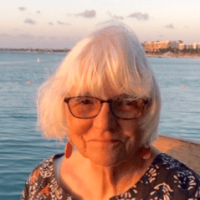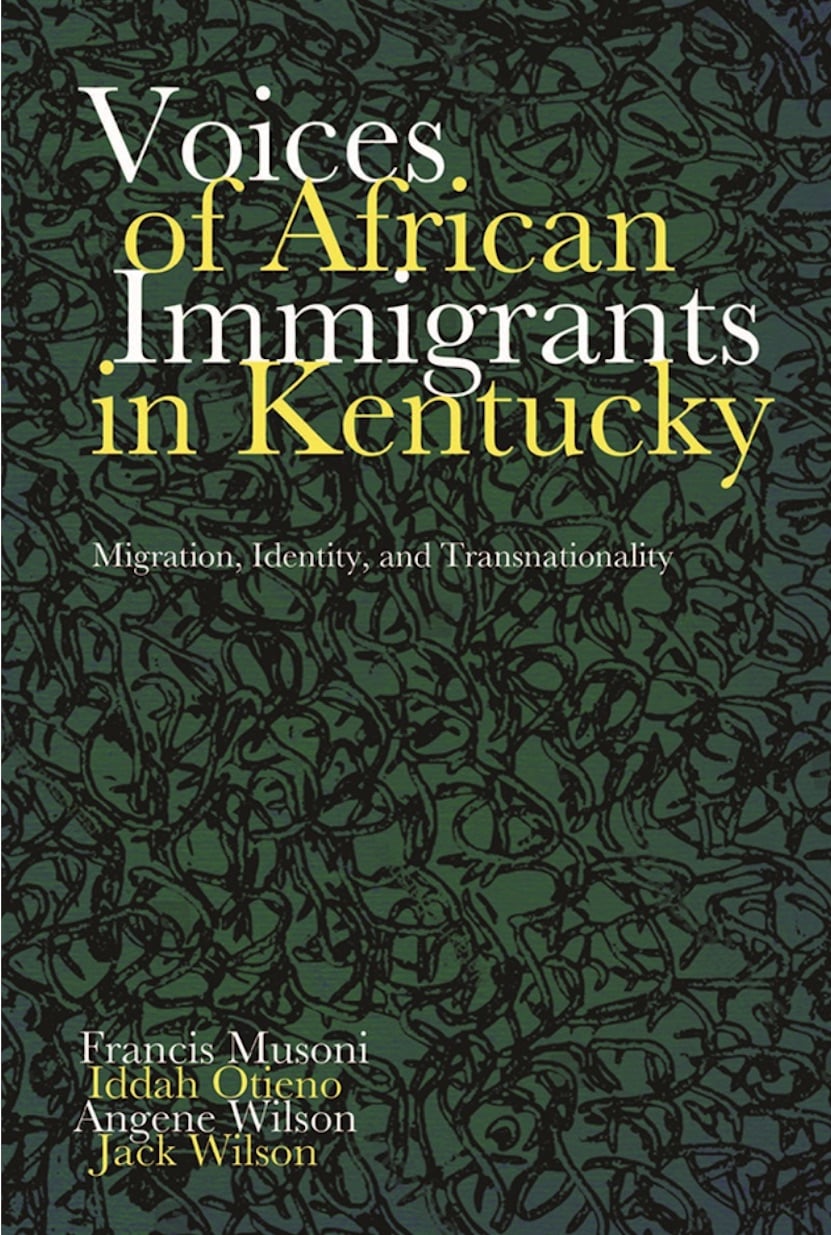I began my education in African proverbs when my husband and I taught 6-12 English and History at Suehn Academy in rural Liberia. Students were our first teachers, coming to our house to teach us Gola culture in proverbs, riddles, and stories. At some point, probably at a Peace Corps workshop, we were also given Proverbs of Liberia published by the Liberian Information Service.
“Mosquito says: If you want a man to understand, speak in his ears.” This proverb, found in that booklet, explains why our jobs also served as independent study courses in African history and literature. We realized we could inspire students by teaching about their own continent.
In a tiny Muslim bookstore in Monrovia I discovered Basil Davidson’s Old Africa Rediscovered and Penguin’s A Short History of Africa. From a newsboy on the street I bought West Africa Review magazines with its series on African Empires. Those books and magazines enabled me to teach tenth graders, in their world civilization course, about medieval rulers such as Mansa Musa and Askia the Great. I created an African history course for my eleventh graders.
I insisted that students memorize countries and capitals from a map of Africa, and I challenged them to role-play African leaders to help them stay current about nations gaining independence. Eighth graders researched the history of Suehn Mission and town and created a mimeographed booklet.
Did my teaching have an impact? One example came in 2010 during a Columbus, Ohio reunion of US-based Suehn Academy alumni. A former student remembered the booklet on proverbs and said he had translated the power of learning about one’s own community into his own teaching.
Did my learning and teaching African history (and reading the books and literature which we bought during a visit to University of Ibadan, Nigeria) have an impact on me? I completed my Master’s degree in History and African Studies, taught at teaching training colleges in Sierra Leone and Fiji, and then completed a PhD in Humanities Education
Did my Peace Corps service fulfill the “Third Goal” of Peace Corps – to bring the world home? The books and magazines we bought in Liberia fueled a life-long passion for African history and literature, now displayed in a floor-to-ceiling bookcase in our home. Over many years, I read, used, lent, and sometimes gave away these books. From 1975 to 2004 I was a professor of secondary social studies, using African sources in my methods classes. In 1980 I led a Fulbright Curriculum Project of teachers to Nigeria for six weeks. In 1981 I hosted a Fulbright Foreign Curriculum Consultant from Nigeria. In 1997 I was a Senior Fulbright Scholar in Ghana. In 2004, I led a group of teachers to Ghana sponsored by National Peace Corps Association. During retirement, I’ve taught African History as an adjunct professor and in a course for senior citizens titled “Surprising Africa.”
And yes, I continued to collect and use African proverbs, sharing them in courses, workshops, and articles. Most recently my husband and I wrote with two Africa-born colleagues Voices of African Immigrants in Kentucky: Migration, Identity, and Transnationality. We included African proverbs as epigraphs for each chapter. In the final chapter, we began with an Igbo proverb from eminent Nigerian writer Chinua Achebe’s Arrow of God. It expresses what I believe Peace Corps Volunteers learn and bring back home.
“The world is like a Mask dancing. You do not see it well if you stand in one place.”




